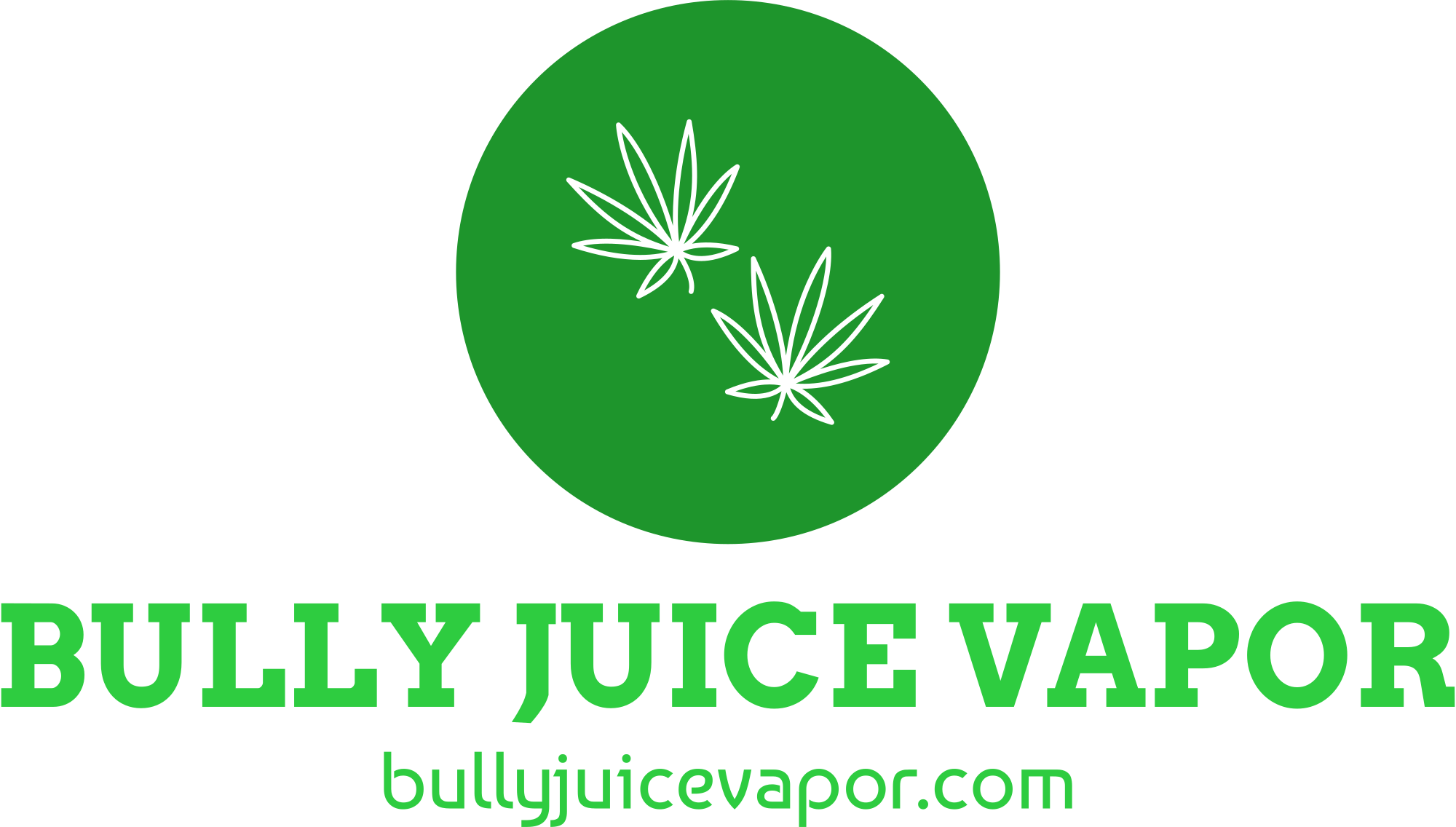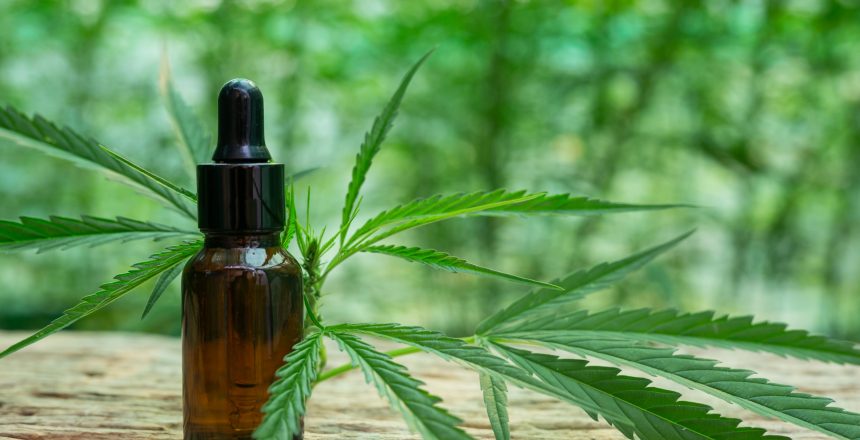CBD (cannabidiol) and THC (delta-9-tetrahydrocannabinol) are two of the most well-known cannabinoids found in the cannabis plant. Over the years, both compounds have gained significant attention for their potential health benefits and various effects on the human body. This comprehensive guide aims to provide quick facts about CBD and THC, including their chemical makeup, psychoactive effects, medical applications, legal status, and potential side effects. Understanding these key points about CBD and THC is essential for anyone considering the use of cannabis-derived products for health or recreational purposes.
CBD (Cannabidiol) Quick Facts
CBD is a non-psychoactive cannabinoid, meaning it does not produce intoxication or a “high.” Some quick facts about CBD include:
- Chemical Makeup: CBD has the same molecular formula as THC – C21H30O2 – but its atoms are arranged differently, leading to different effects on the body.
- Medical Applications: CBD has shown potential therapeutic applications for various health conditions, such as pain relief, anxiety and depression management, epilepsy treatment, and neurodegenerative disorder support.
- Legality: CBD derived from hemp (containing less than 0.3% THC) is legal in many countries, but laws may vary, so it’s essential to check local regulations before purchasing or using CBD products.
- Safe & Well-Tolerated: CBD is generally considered safe and well-tolerated, with mild side effects like fatigue, dry mouth, and changes in appetite reported in some cases.
THC (Delta-9-Tetrahydrocannabinol) Quick Facts
THC is the primary psychoactive compound in cannabis, responsible for the euphoria or “high” associated with marijuana use. Some quick facts about THC include:
- Chemical Makeup: Like CBD, THC has the molecular formula C21H30O2, but its unique arrangement leads to its psychoactive effects.
- Psychoactive Effects: THC consumption can lead to altered perception, mood changes, euphoria, and increased sensory experiences.
- Medical Applications: THC is primarily used for pain relief, appetite stimulation (useful for patients undergoing chemotherapy), and managing symptoms associated with certain medical conditions.
- Legality: THC’s psychoactive nature makes its legal status complex, with many countries classifying it as a controlled substance. However, in some regions and states, it has been legalized for medicinal and/or recreational use.
- Potential Side Effects: THC is more likely to produce side effects, including anxiety, paranoia, increased heart rate, impaired memory, and coordination issues, especially when consumed in high doses or by individuals sensitive to its psychoactive effects.
The Endocannabinoid System (ECS)
Both CBD and THC interact with the endocannabinoid system (ECS), a complex network of receptors and neurotransmitters involved in regulating various physiological functions. The ECS plays a crucial role in maintaining homeostasis, and cannabinoids like CBD and THC influence its activity.
Entourage Effect
The entourage effect refers to the potential synergy among cannabinoids, terpenes, and other compounds present in the cannabis plant. Some studies suggest that using full-spectrum CBD products, which contain a variety of cannabinoids and terpenes, may result in enhanced benefits compared to isolated CBD or THC.
Hemp vs. Marijuana
CBD and THC can be derived from both hemp and marijuana plants. Hemp contains high levels of CBD and low levels of THC (less than 0.3%), making it ideal for CBD production. Marijuana, on the other hand, contains higher levels of THC, making it the primary source for THC-rich products.
Drug Testing
Consuming products containing THC, even in small amounts, may result in positive drug test results. If you are subject to drug testing, it’s essential to choose THC-free CBD products or use products made from CBD isolates.
Potential Drug Interactions
Both CBD and THC may interact with certain medications, affecting their metabolism. If you are taking medications, consult with a healthcare professional before using CBD or THC products.
Dosage & Individual Response
The appropriate dosage of CBD or THC can vary significantly based on individual factors, such as body weight, metabolism, and the condition being treated. Start with a low dosage and gradually increase it as needed, paying attention to how your body responds
What are Cannabinoids?
Cannabinoids are naturally occurring compounds found in the cannabis plant (Cannabis sativa). There are over 100 different cannabinoids identified so far, each with its own unique properties and potential effects on the body. While THC and CBD are the most abundant and well-known cannabinoids, others, like CBG (cannabigerol), CBN (cannabinol), and CBC (cannabichromene), also play crucial roles in the overall cannabis experience.
The Endocannabinoid System (ECS) – Our Body’s Regulator
The ECS is a complex cell-signaling system found in all mammals, including humans. It plays a vital role in maintaining homeostasis, or balance, within the body. The ECS consists of endocannabinoids (cannabinoids produced within the body), cannabinoid receptors (CB1 and CB2 receptors), and enzymes that help regulate the breakdown of cannabinoids.
CB1 and CB2 Receptors
CB1 receptors are primarily found in the brain and central nervous system, and their activation by cannabinoids, particularly THC, is responsible for the psychoactive effects associated with marijuana use. CB2 receptors, on the other hand, are mainly located in the peripheral tissues and immune cells, and their activation is associated with potential anti-inflammatory and immunomodulatory effects.
The Role of CBD and THC in the ECS
CBD and THC interact differently with the ECS due to their distinct chemical structures. CBD does not directly bind to CB1 or CB2 receptors, but it may influence their activity indirectly, leading to various potential therapeutic effects. THC, on the other hand, binds directly to CB1 receptors, triggering the psychoactive effects it is known for.
CBD’s Non-Psychoactive Nature
One of the most significant differences between CBD and THC is their psychoactivity. While THC produces a “high” when consumed in sufficient quantities, CBD does not cause any intoxicating effects. This non-psychoactive property makes CBD appealing to those seeking potential health benefits without the mind-altering effects associated with THC.
Legality and Regulation
The legal status of CBD and THC varies depending on the country and its cannabis laws. CBD derived from hemp (with less than 0.3% THC) is federally legal in many countries, including the United States, as long as it meets specific regulations. THC’s legal status is more complex, as it is often subject to stricter regulations due to its psychoactive nature.
Potential Health Benefits
Both CBD and THC have been the subject of extensive research regarding their potential therapeutic properties. While THC has primarily been studied for its pain-relieving and appetite-stimulating effects, CBD’s potential health benefits span a wide range, including its use as an anti-inflammatory, anxiolytic, neuroprotective, and antiepileptic agent, among others.
Different Methods of Consumption
CBD and THC are available in various forms, including oils, tinctures, capsules, edibles, topicals, and vape products. Each method of consumption offers distinct advantages and may result in different onset times and durations of effects.
Conclusion
CBD and THC are two distinct cannabinoids found in the cannabis plant, each with unique properties, effects, and applications. CBD is non-psychoactive and has gained popularity for its potential therapeutic benefits, while THC is psychoactive and sought after for its recreational effects and potential medical applications. Understanding these quick facts about CBD and THC is essential for individuals considering the use of cannabis-derived products for health or recreational purposes. As research in this field continues to evolve, it is vital to stay informed about the latest findings and consult with healthcare professionals before incorporating any new substance into your wellness routine.
Monika Wassermann is a doctor and a freelance writer based in the UK who lives with her cat Buddy. She writes across several verticals, including life, health, sex and love, relationships and fitness. Her three great loves are Victorian novels, Lebanese cuisine, and vintage markets. When she’s not writing, you can find her trying to meditate more, weightlifting, or wandering around in town.
[email protected]
- Fruitful Bliss: My Melo THC Beverage Adventure! - April 23, 2024
- Lip Fillers, Botox, Dermal Fillers, Anti-Wrinkle Injections in Bayswater W2 - March 26, 2024
- Should The Thc Limit In Hemp Be Raised To 1% - October 20, 2023




